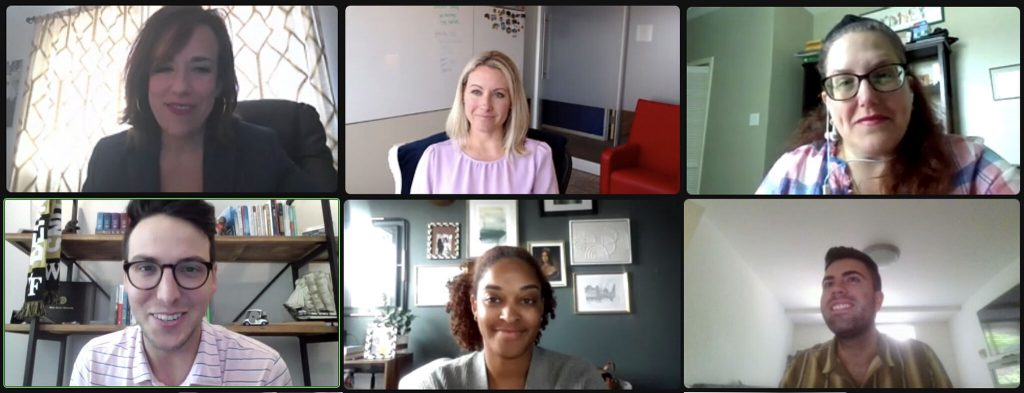When diversity, equity and inclusion foster a sense of belonging in the workplace, organizations find that is a key driver in employee retention, said panelists during a labor market series with PwC on June 1.
Speakers included Cydney Aiken, Partner; Willi Friere, Management Consultant – Workforce Transformation & Strategy; Sydney Thompson, Senior Associate, Organization and Workforce Transformation; and Colson Streitmatter, Advisory Associate, with PwC. The webinar was sponsored by the HR Committee.
I&D Committee Member Lauren Noyes, ChampionX, kicked off the conversation.
Thompson began with defining belonging as the feeling of security and support when there is a sense of acceptance, inclusion and identity in the office and when an individual can bring their authentic self to work.
“When diversity, inclusion and equity all work together we find the sweet spot of belonging in the office,” Thompson said.
Belonging is not the same thing as assimilation, she said.
“Fitting in is about assessing a situation and becoming who you need to be to be accepted. Belonging doesn’t require us to change who we are it requires us to be who we are.”
Streitmatter conducted a live survey during the event, asking the question “When I belong in my workplace, I feel …” Participants responded with a range of feelings, with understood, happy and relaxed the most common responses.
“A sense of belonging in the workplace is not a ‘nice to have’ it’s a ‘must have’ to turn the great resignation into the great rehire.”
Colson Streitmatter, PwC
REGISTER NOW FOR THE SERIES
According to studies from PwC, team members with a high sense of belonging were linked to 50% decrease in turnover risk. Streitmatter noted that 46% of employees feel less connected to their company now than before the pandemic.
Friere shared that an organization’s culture revolves around self-sustaining patterns of behaving, feeling, thinking and believing. PwC has conducted surveys to find the pillars to a culture of belonging, and the top factors are connectedness, psychological safety, autonomy, shared decision-making, influence and conflict resolution. He said this isn’t a magic formula to belonging but companies can use these pillars when creating the culture.
Thompson noted a culture centered on belonging creates a healthy employee experience. She pointed out human needs are mental, physical, emotional and spiritual, while workplace needs are learning and growth, safety and security, connection and belonging, and esteem and identity. It’s important to be aware of these needs when working towards a culture of belonging, she said.
The series continues June 21 with a session on helping managers navigate the hybrid workforce. PwC will discuss the idea that managers are key to whether employees stay or leave a company — and they are feeling the brunt of the hybrid workforce.
If you are interested in joining the HR Committee, contact COO Molly Determan.
Roni Ashley, Director Operations, writes about Energy Workforce’s membership, workforce development and more. Click here to subscribe to the Energy Workforce newsletter, which highlights sector-specific issues, best practices, activities and more.





